
bell hook’s “Feminist Movement to End Violence” (1984)
Ending violence requires disrupting deeply ingrained social norms by exposing how violence is sustained by hierarchical systems of domination rather than merely addressing individual acts of abuse.
Sidi M. Omar on the Preservation of Colonialism
Oma insists that thinkers revisit their own ideas on questions of sovereignty, legality, and justice in a world where colonialism has not ended, merely evolved. He challenges the common notion that “…
Jane M. Jacobs’ “Earth and Honoring: Western Desires Indigenous Knowledges” (1994)
Western engagement with Indigenous knowledge often imposes external norms, disrupts traditional structures, and risks reproducing colonial power dynamics.
Hazel V. Carby’s “On the Threshold of Woman’s Era” (1985)
Black feminist thought arose through Black women’s resistance to racist, sexist, and imperial systems, challenging white supremacy and patriarchal power.
Angela Davis’ “Racism, Birth Control and Reproductive Rights” (1981)
Black women’s lived experiences disrupt dominant narratives of progress and choice, challenging the idea that reproductive rights are universally emancipatory.
Audre Lorde’s “The Master’s Tools Will Never Dismantle the Master’s House” (1979)
White feminist frameworks cannot dismantle patriarchal power because they ignore crucial intersections of race, class, and sexuality.
Mothering Against Motherhood: doula work, xenohospitality and the idea of the comrade – Sophie Lewis (2022)
This essay, titled “Mothering Against Motherhood: doula work, xenohospitality and the idea of the momrade” by Sophie Lewis, explores the concept of “mothering against motherhood” and “family aboli…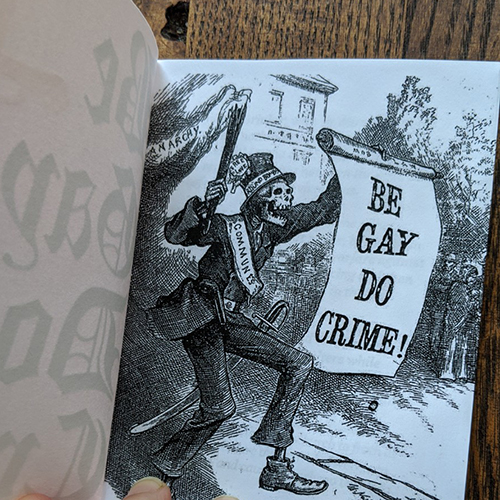
Be Gay Do Crime – Mary Nardini Gang (2019)
This excerpt, from the introduction of a book titled “Be Gay Do Crime” by Mary Nardini Gang, reflects on ten years of queer, anarchist, criminal, and mystical resistance. It details the origins of t…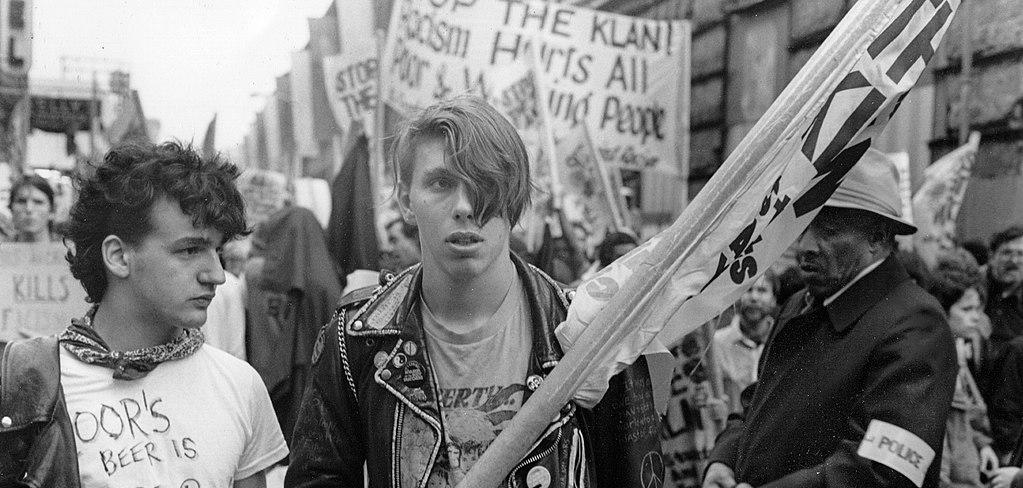
Black Liberation Will Put a Stop to the Klan, the Nazis & Killer Cops – John Brown Anti-Klan Committee (n.d.)
This source discusses the ongoing struggle against white supremacist groups like the Ku Klux Klan and Nazis. It highlights acts of resistance, such as Black and anti-Klan demonstrators who fought th…
Why We Support Black Nationalism – John Brown Anti-Klan Committee (n.d.)
This document explores the concept of Black Nationalism, asserting its historical roots in the struggle for Black empowerment and self-determination in the United States. It highlights the economi…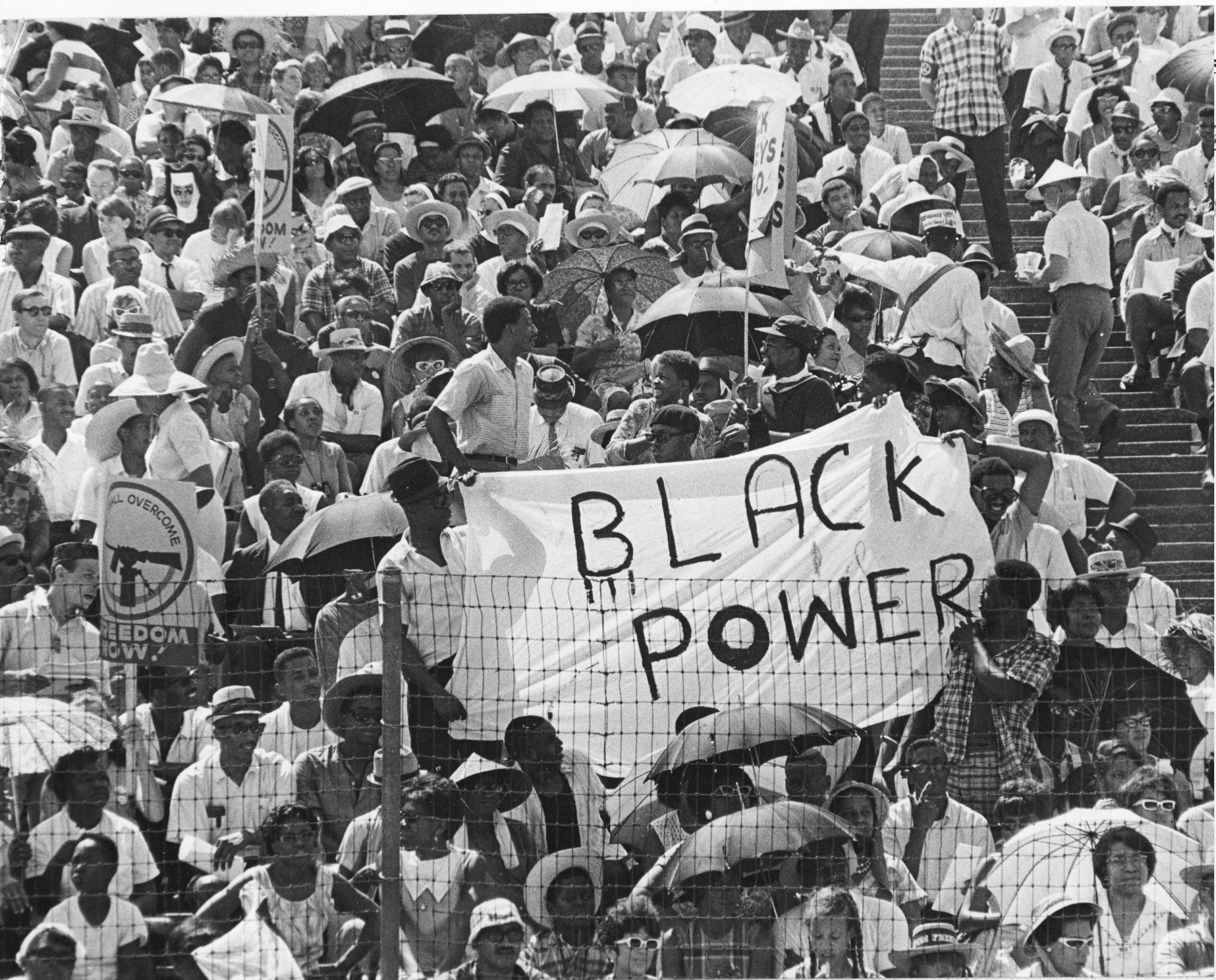
Black Politics: A Journal of Liberation (1968)
This collection of excerpts from Black Politics: A Journal of Liberation (Vol. 1, 1968) offers insights into the Black Power movement during a pivotal year. The document covers a variety of topics…
In Defense of the Right to Political Secession for the Afro-American Nation: Papers and Resolutions from the School on the Afro-American National Question (1982)
These excerpts primarily discuss the Marxist-Leninist perspective on the “Afro-American National Question,” arguing that Afro-Americans in the Black Belt region of the Southern U.S. constitute an oppr…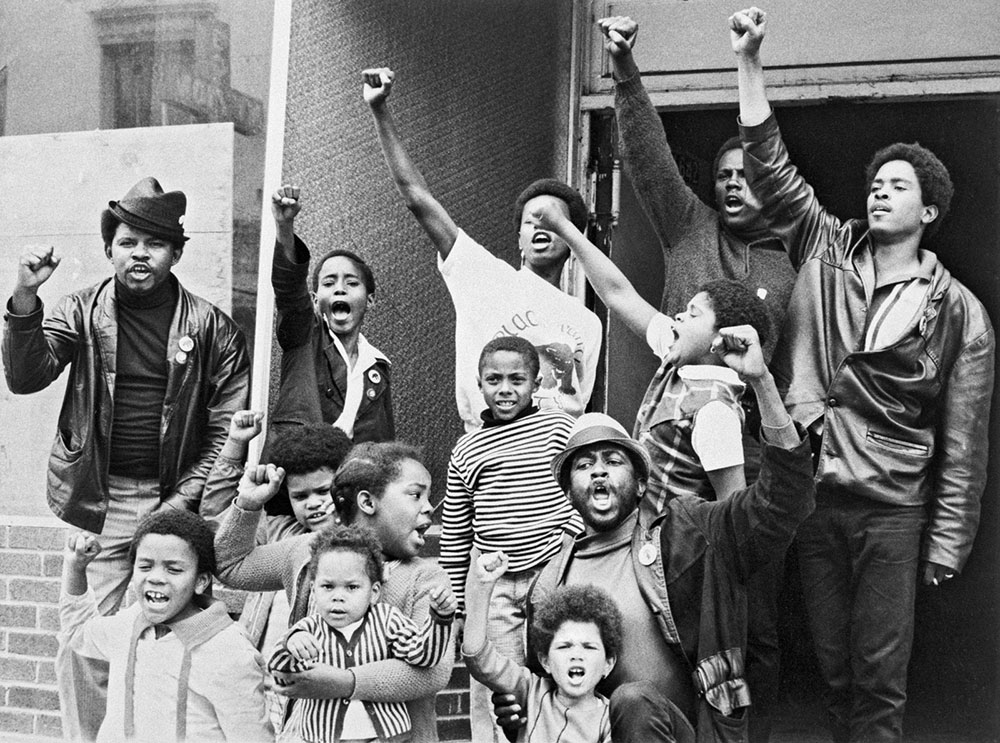
The U.S. Imperialist State and the Black Nation – Saladine Muhammad (n.d.)
This pamphlet, published by The Institute of Black Political Studies, presents a Black scientific socialist perspective on the nature of U.S. imperialism and the struggle for Black national liber…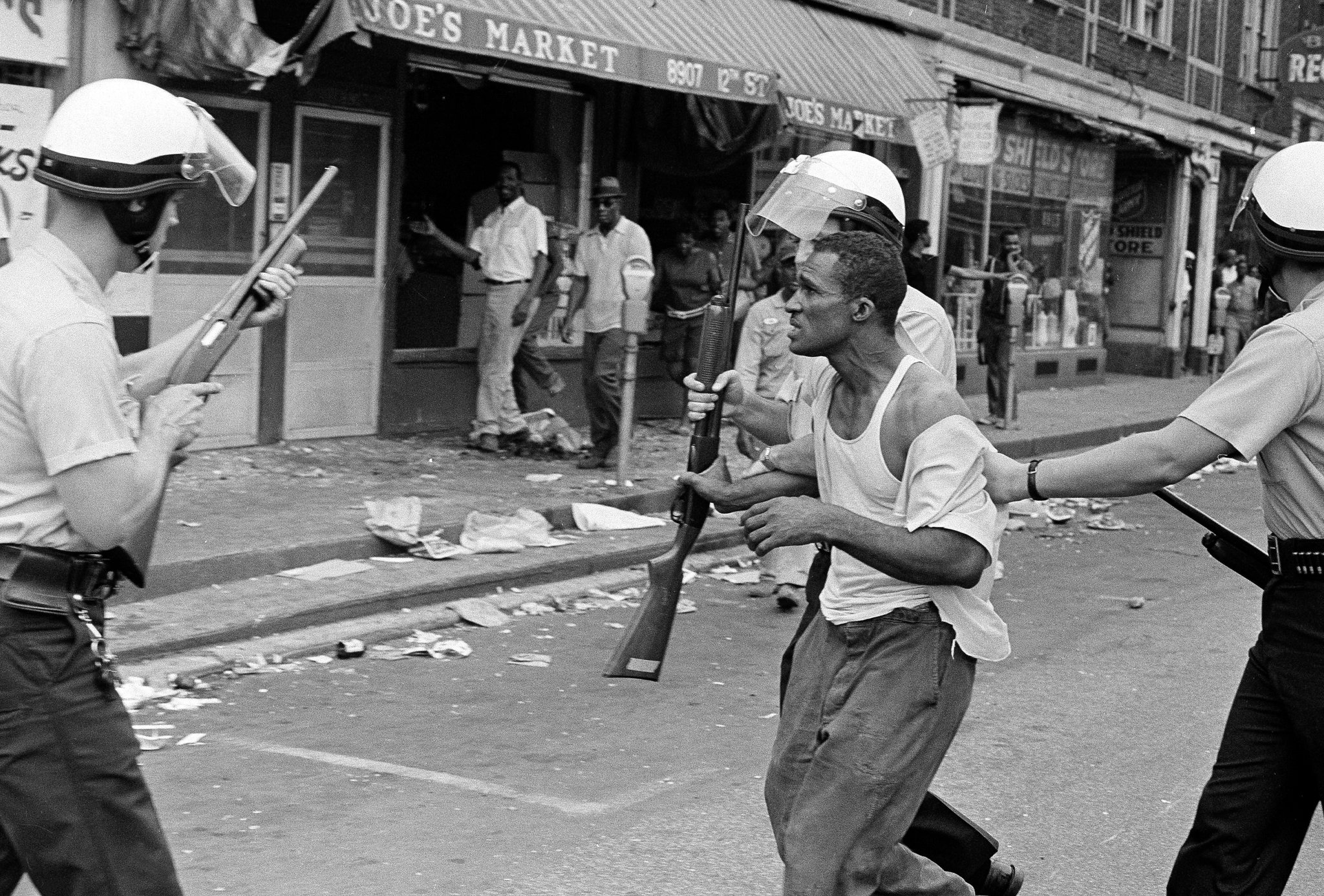
Stop Police Brutality – New York City-Wide Mobilization Committee Against Police Brutality (1979)
This pamphlet, published in 1979 by the New York City-Wide Mobilization Committee Against Police Brutality, condemns police brutality and systematic oppression, particularly against Black and Hispani…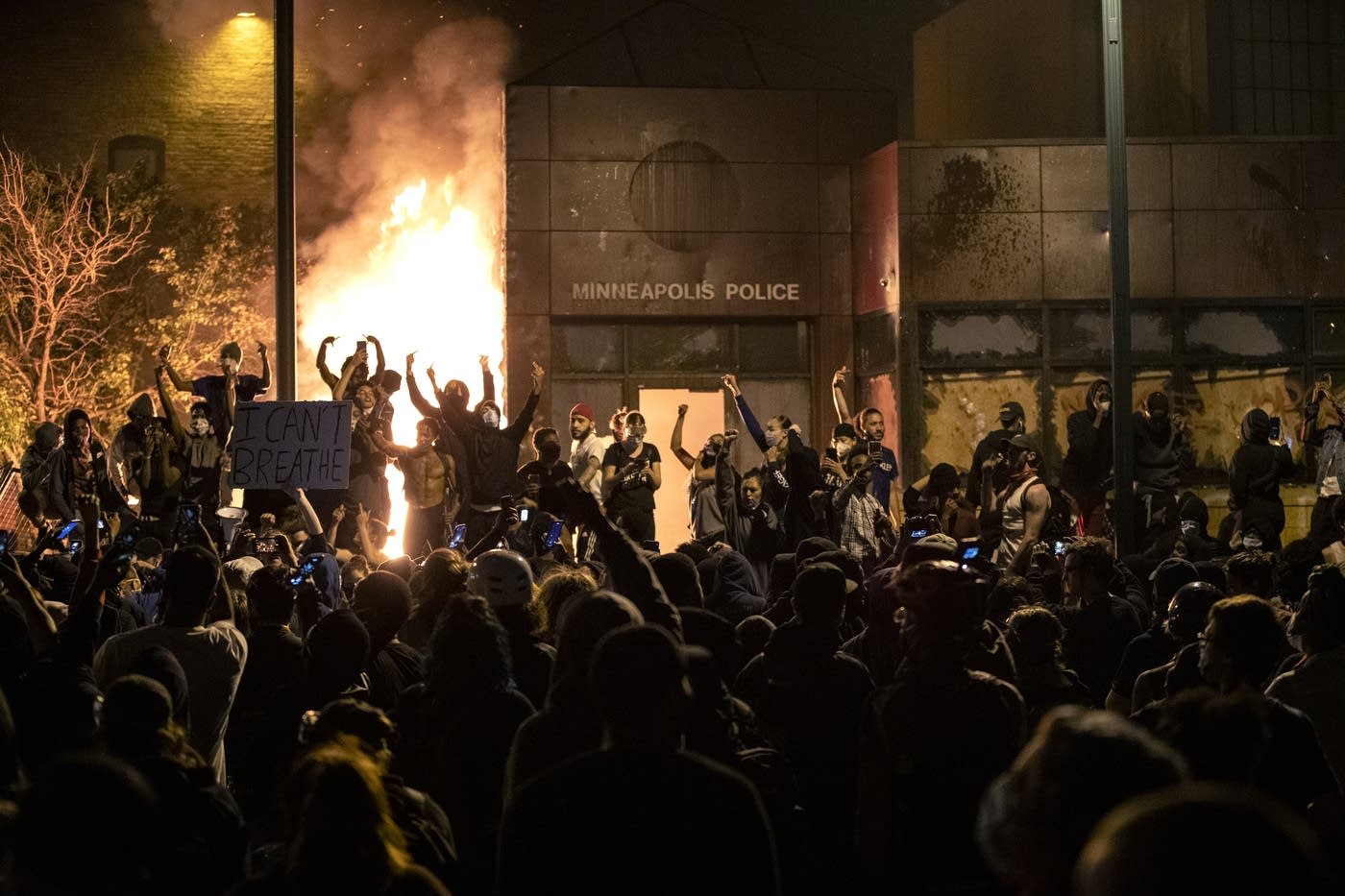
The Siege of the Third Precinct in Minneapolis (2020)
This anonymous account analyzes the tactics and composition of the crowd that besieged the Third Precinct in Minneapolis during the May 2020 uprising in response to the George Floyd murder. Some tac…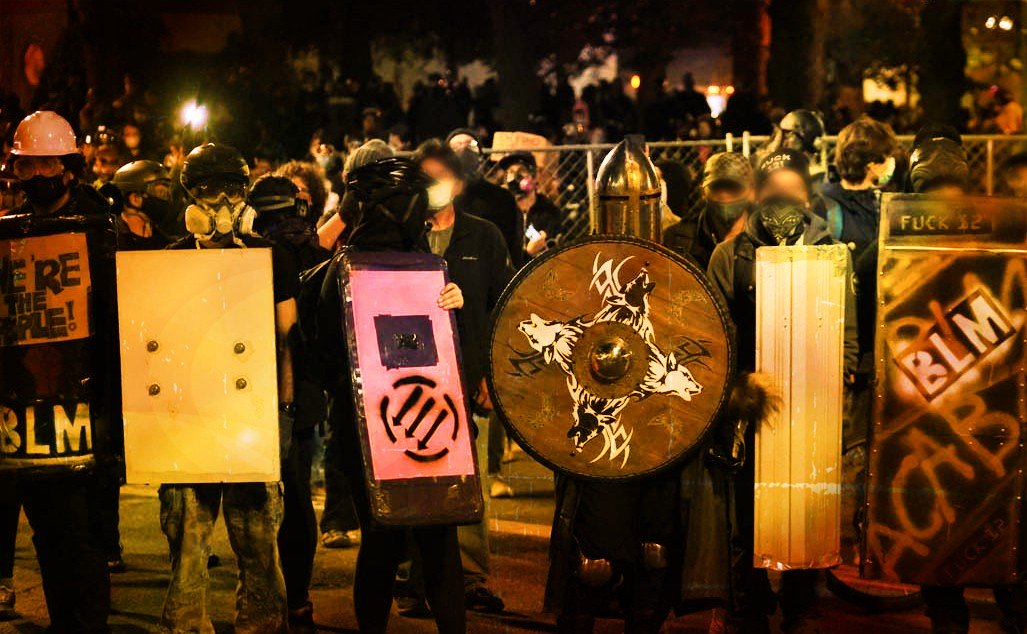
Call for a Day of Action in Solidarity with Portland & Against the Federal Invasion – Youth Liberation Front (2020)
The Youth Liberation Front (YLF) issued a call for widespread demonstrations to be held on July 25th, 2020 to show solidarity with ongoing resistance in Portland against federal invasions. This call t…
Speech by Guillermo Suarez at an Anti-Klan Conference (1981)
This is a transcript of a speech by Guillermo Suarez, a member of the Movimiento de Liberacion Nacional, a national Puerto Rican and Chicano/Mexicano organization. In his 1981 address, Suarez highligh…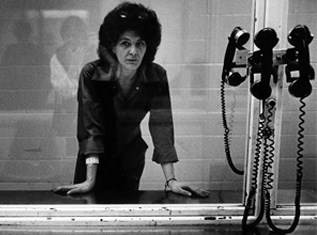
Political Prisoners and Lesbian Resistance – Jennie McKnight (1989)
This 1989 interview from Gay Community News features political activists Linda Evans, Laura Whitehorn, and Susan Rosenberg, who were imprisoned for conspiracy. In the interview, they share their exp…
Statement for International Women’s Day Demonstration – Judy Clark (n.d.)
This statement by Judy Clark, a member of the Weather Underground and May 19th Communist Organization, celebrates International Women’s Day and advocates for direct action against U.S.-led imperialism…
Principles of Unity – Women’s Committee Against Genocide (1981)
The Women’s Committee Against Genocide is an anti-imperialist group dedicated to advancing women’s liberation by opposing US-led imperialism and supporting the struggles of oppressed women worldwi…
29 Ways to Say No! – John Brown Anti-Klan Committee (1989)
The John Brown Anti-Klan Committee, founded in 1978, was an anti-racist organization within the United States that took direct actions against the Ku Klux Klan and other white supremacist organization…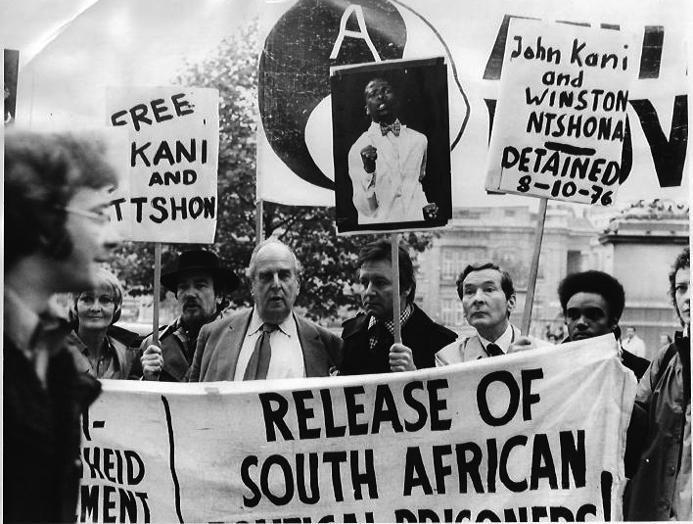
Documents on Unlock Apartheid’s Jails Campaign (1987)
The Unlock Apartheid’s Jails Campaign, initiated by The Africa Fund, fought for the release of detainees and political prisoners in South Africa. This compilation of documents included a letter from…
Communique From Some Warriors in South Dakota (1975)
This document, written by Native American Warriors from South Dakota, was addressed to Prairie Fire, the Weather Underground, and all third world and anti-imperialist allies. The Native American Warri…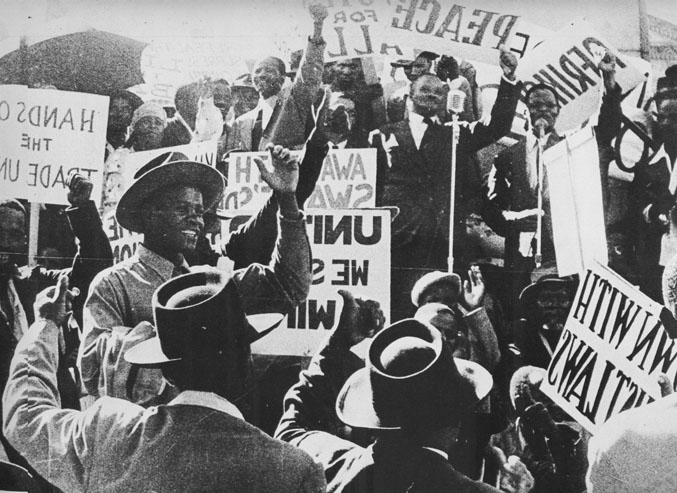
The Freedom Charter – South African Congress Alliance (1955)
In 1955, the African National Congress (ANC) sent out 50,000 volunteers to various townships and rural areas throughout South Africa to gather “freedom demands” from average people. The ANC was ti…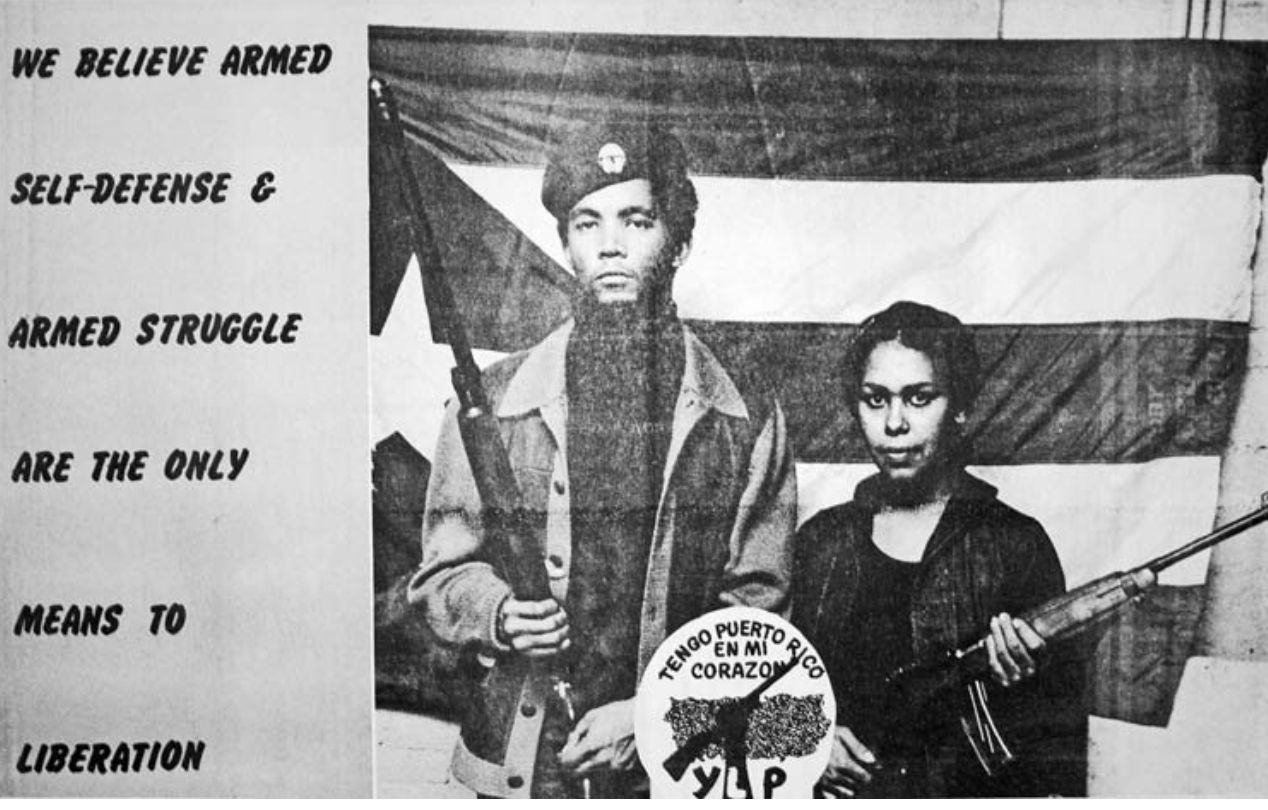
The Young Lord’s Trip to Puerto Rico
In December of 1970, Gloria Gonzales and Denise Oliver took a ten day trip to Puerto Rico. Their experiences, written in a newspaper article, underline the destructive impacts that western colonialism…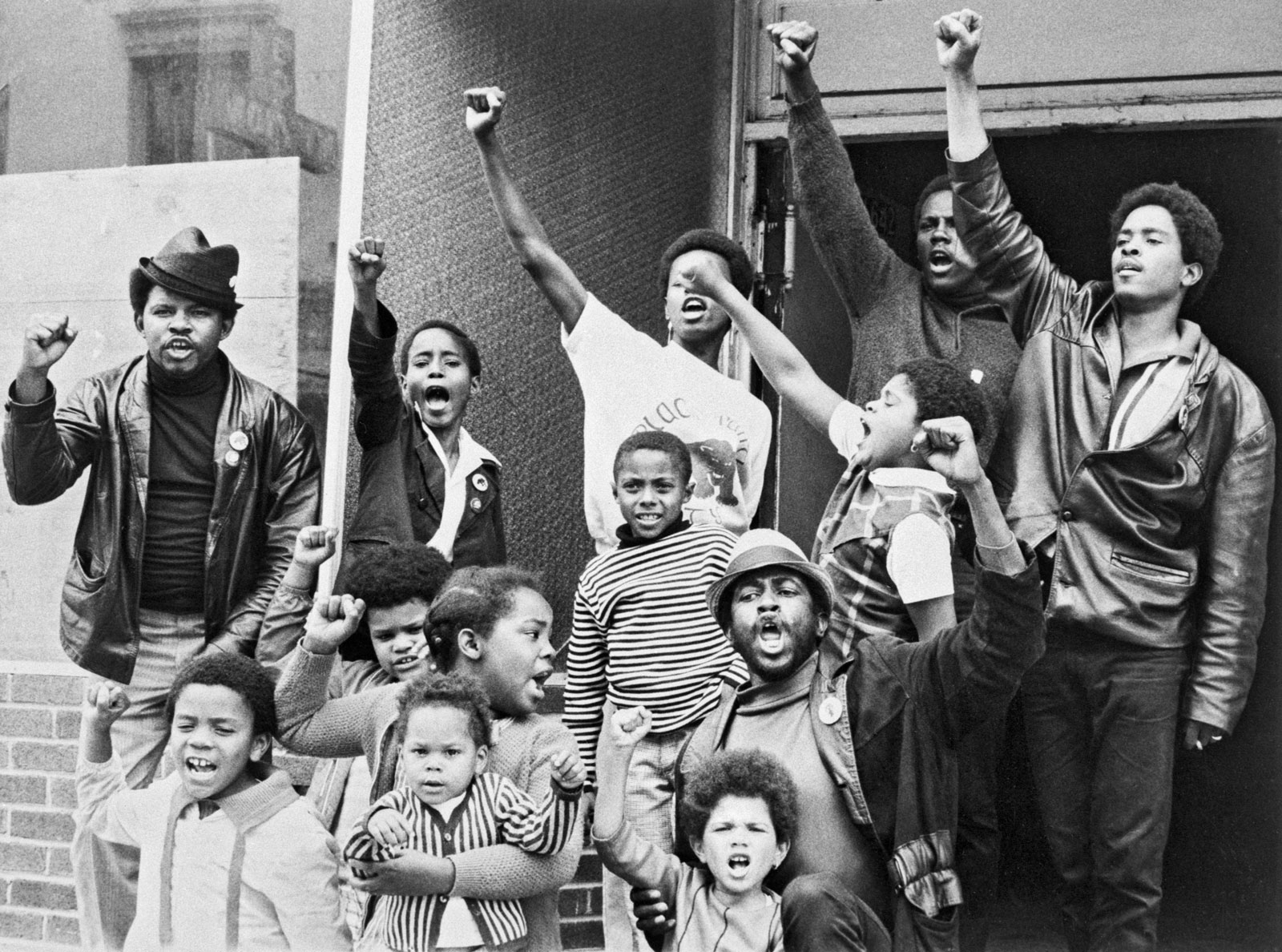
The Young Lord’s Party Redefines the War on Drugs
In a newspaper from 1971, Richie Perez from the Young Lord’s Party discusses the Nixon administration’s policies on “drug control.”
Statement from U.S. Political Prisoners to Nelson Mandela (1990)
On June 21, 1990, U.S. political prisoners sent a statement to Nelson Mandela, who, at the time, was the Deputy Vice President of the African National Congress. In the statement, US political prisoner…
Tecumseh Calls for Pan-Indian Resistance (1810)
In this document, Tecumseh, a Shawnee chief and warrior, details a message of both resistance and spirituality. He writes to a community larger than just the Shawnee, calling on all the “red men”…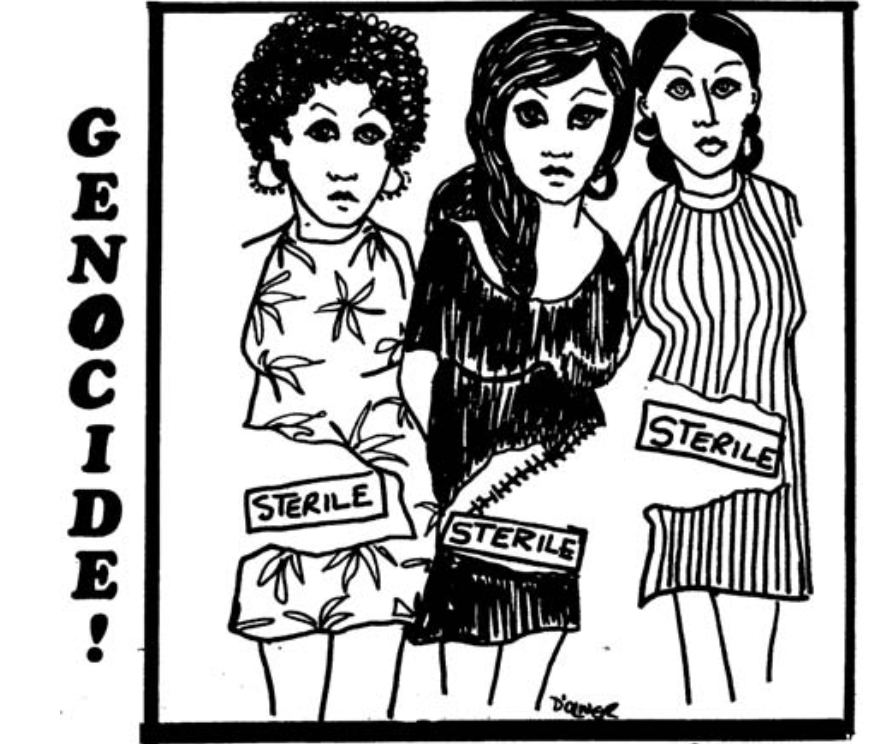
Resisting Puerto Rican Sterilization
In a newspaper article from the Young Lords in 1970, Iris Morales writes about the genocide committed against Puerto Rican women.
100 Years of Land Struggle – Mike Gouldhawke (2020)
This document is a timeline of Native American resistance in pursuit of land and self-determination between the years of 1921-2020.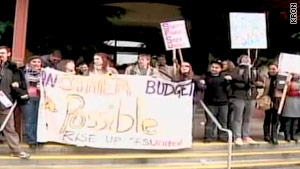
We Are Still Here (2009)
This is a communique from the occupation of a business administration building at San Francisco State University in the fall of 2009. Occupiers were protesting budget cuts and fee increases. In this c…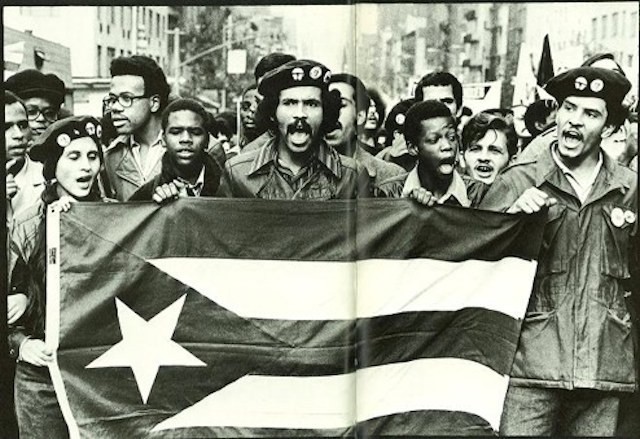
The Young Lords Expose Murder at Lincoln Hospital
The Young Lords expose capitalism for gatekeeping food, clothing, and shelter from Puerto Rican communities, which led to Carmen Rodriguez’s necessity for abortion. The neglect in healthcare is an add…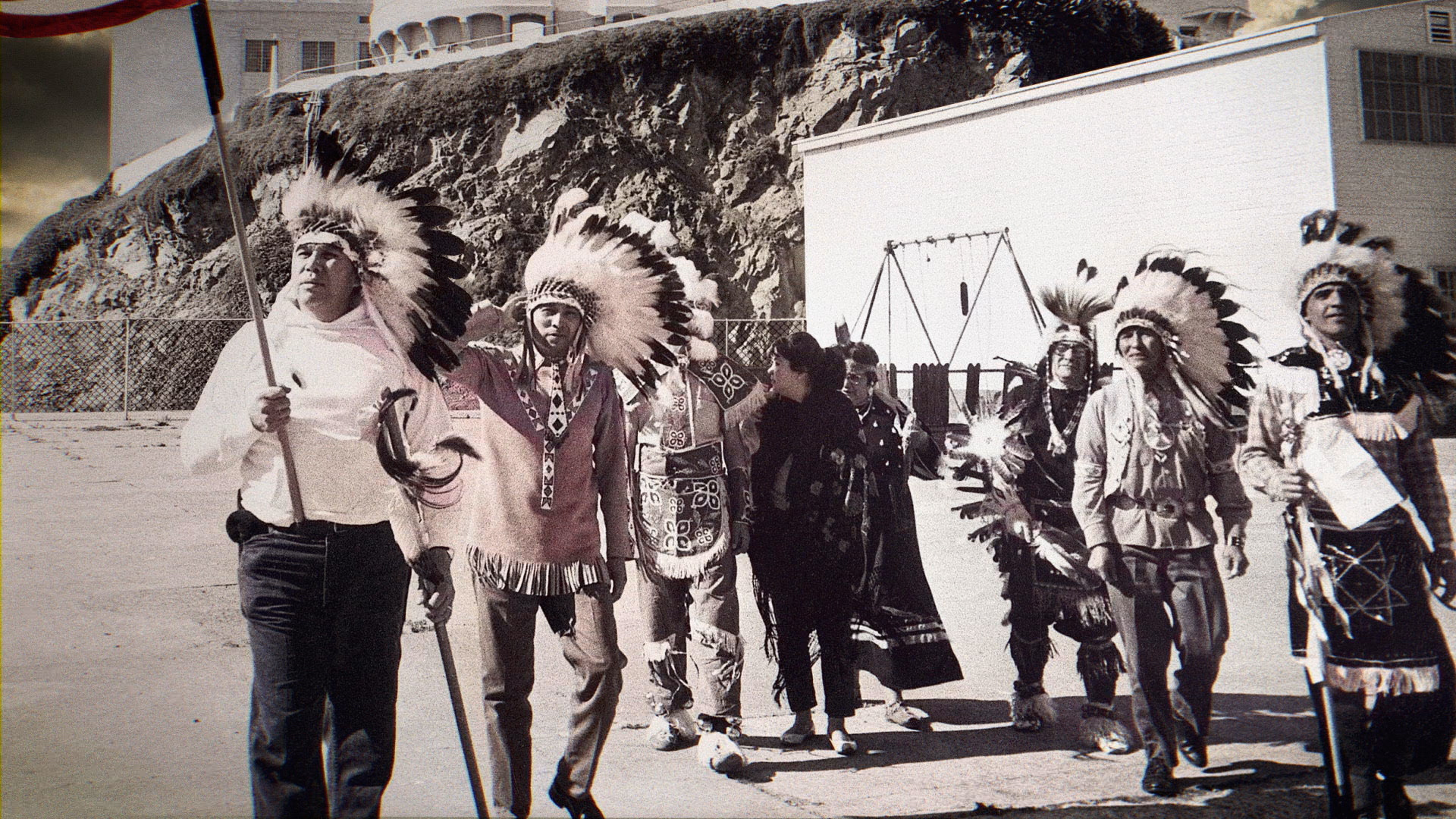
We Hold the Rock – Indians of All Tribes (1969)
This document was produced by the same group that wrote the Alcatraz Proclamation. In this piece, the occupiers demanded ownership of Alcatraz Island in the name of the Indians of All Tribes. They des…
Trail of Broken Treaties 20-Point Position Paper – American Indian Movement and Rosebud Sioux (1972)
In 1972, AIM activists and members of the Rosebud Sioux organized the Trail of Broken Treaties and Pan American Native Quest for Justice. This demonstration brought caravans of Native Americans from a…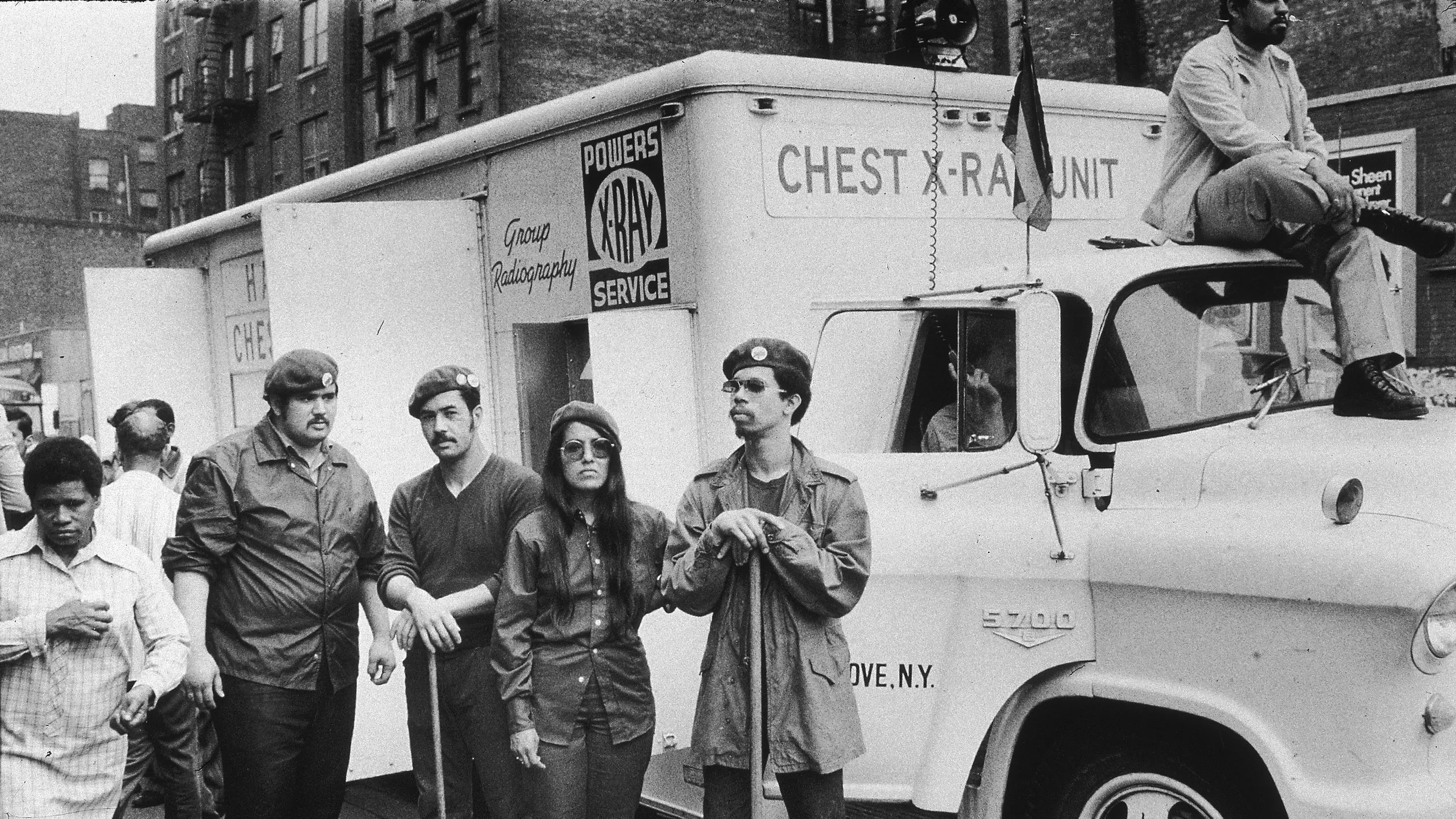
Young Lords Socialist Medicine
The Young Lords Party identifies the disparities of the United States health system, which neglects the needs of the oppressed in the Bronx.
Young Lords High School Revolt
In this document, Richie Perez from the Young Lords Party calls upon his Black and Puerto Rican community members to continue to fight for the “return of the educational system to the people.” Perez d…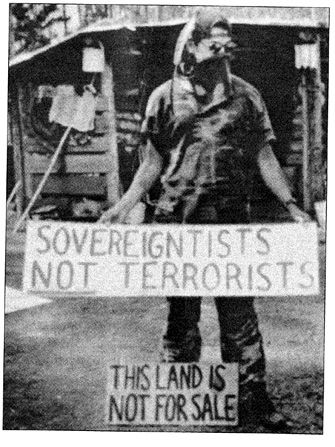
What’s Really Happening at Gustafsen Lake and Why (1995)
This piece describes the conflict between sundancers of the Shuswap First Nation and the Royal Canadian Mounted Police (RCMP) during August and September of 1995. Members of the Shuswap Nation were en…
An Excerpt From an Interview With Earl Livermore About the Indians of All Tribes (Ioat) Occupation of Alcatraz – 1970
This is a transcript of an interview with Earl Livermore, a leader of the American Indian Movement. He describes the thought behind occupying Alcatraz, the organization of various committees, schools,…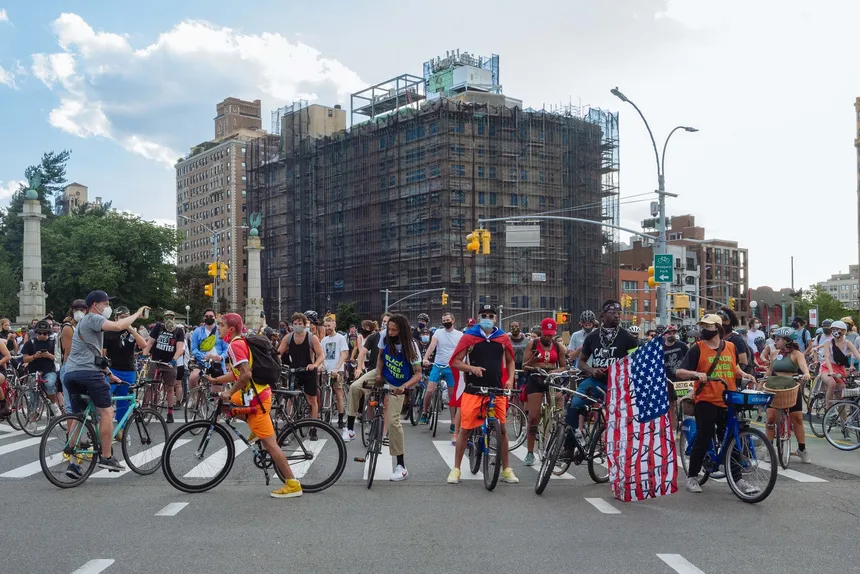
Bicycling Program (1972)
Two community members in Oakland, California recognized the need for reliable modes of transportation in their community. In the newspaper article, they are introducing a program that would fix bicycl…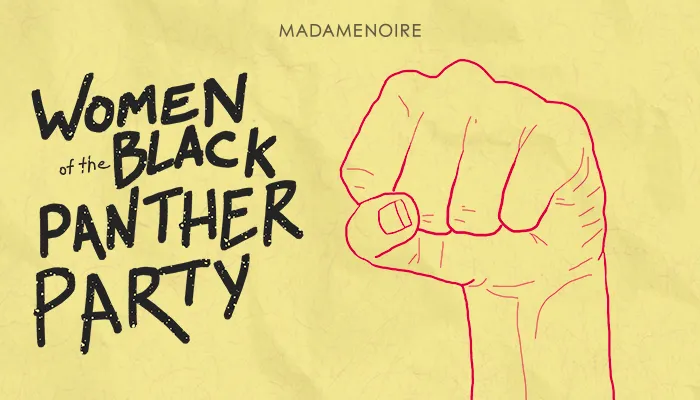
Panther Sisters (Black Panther Party, 1969)
This is part of an interview where a group of women in the Black Panther Party discuss how the struggle for women’s rights intersected with their experiences in the Party. Many of them recall how they…
The Young Lords Party: 13-Point Program and Platform
In a 13-Point Program and Platform, the Young Lords Party declared their fight for self-determination for Puerto Ricans inside and outside the United States.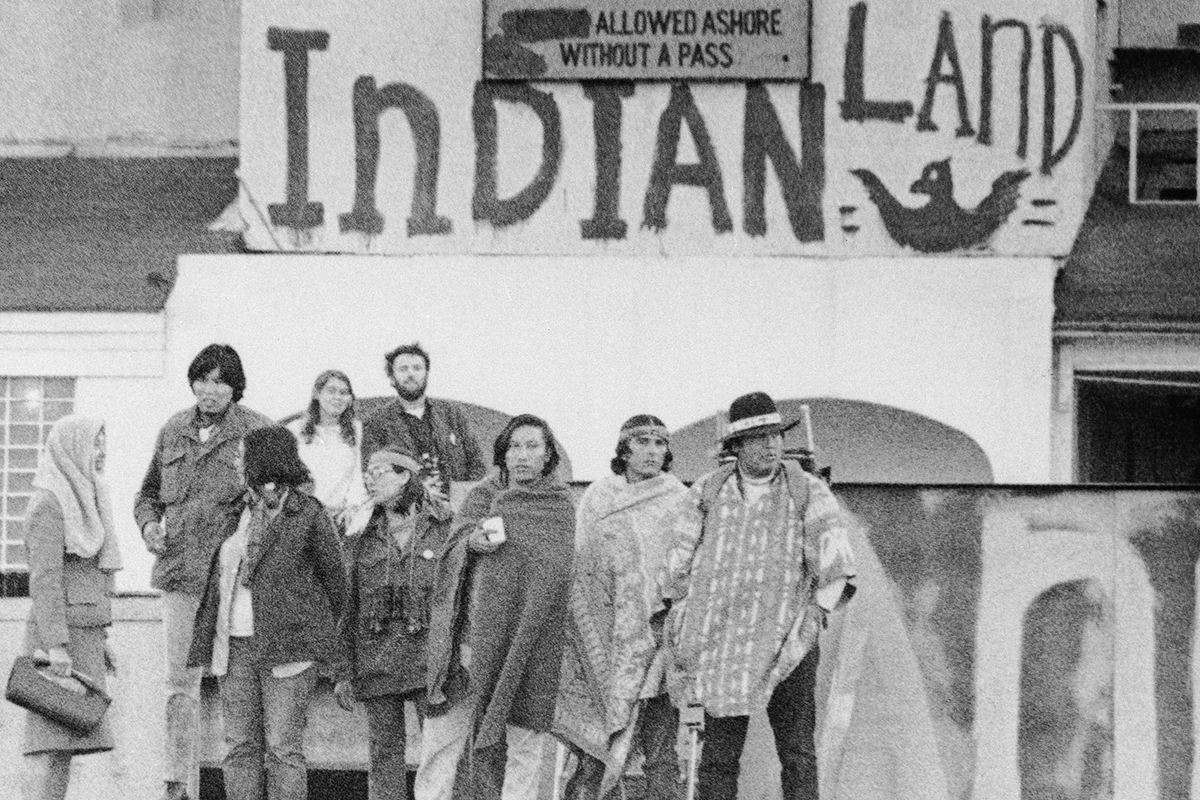
The Alcatraz Proclamation (1969)
This was a proclamation issued by the group of indigenous peoples who occupied Alcatraz Island beginning on November 20, 1969 and lasting until June 11, 1971. In the proclamation, Natives demanded the…
There Was A Young Woman Who Swallowed a Lie (Meredith Tax, 1972)
This series of cartoons produced by the Women’s Liberation Movement holds a deeper meaning and purpose of consciousness raising. It illustrates the standards that women were forced to adhere to and ho…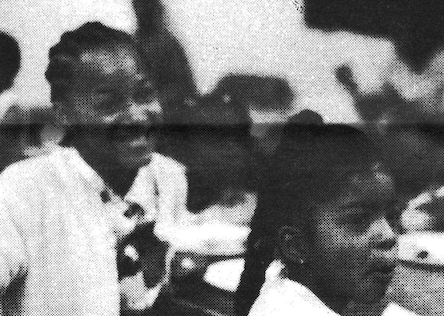
Creation of the Malcolm X Center for Black Youth
The Black Panther Party created the Malcolm X Center to counter drug abuse, dropout, and illiteracy rates among Black teenagers.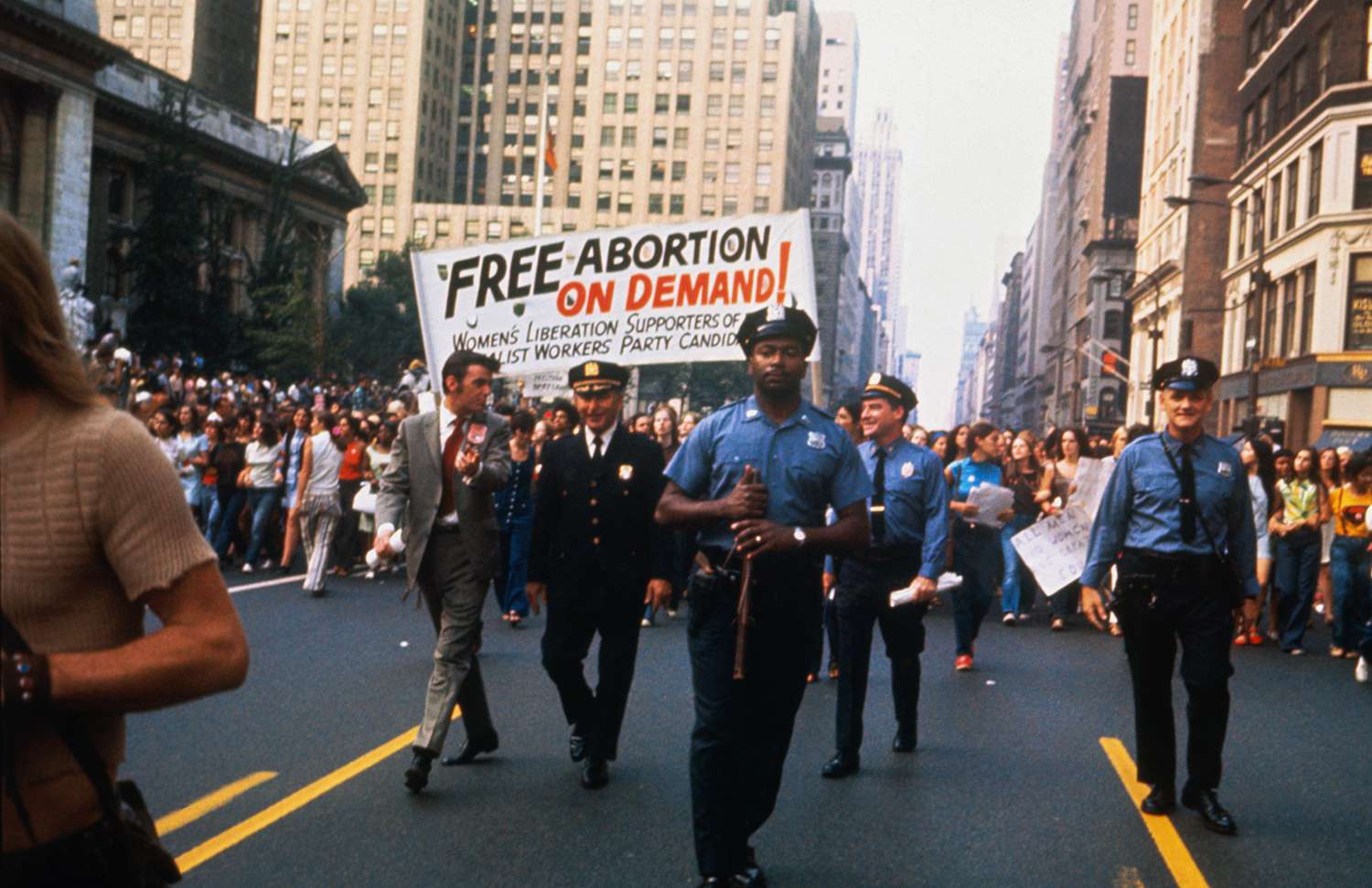
Abortion Protest (Redstockings, 1969)
This collection of documents illustrates an abortion protest held by the Redstockings group, a feminist organization. Their two main goals were to first, disrupt the mainstream legislative principles…
The Sixties Speak to the Eighties (Redstockings, 1983)
The Redstockings are a radical feminist group that emerged partly out of the Women’s Liberation Movement. In this speech, Kathie Sarachild, a prominent activist and leader within the Redstockings, ref…
Black Panther Party’s Free Medical Clinic
The Black Panther Party created the Mark Clark Free Medical Clinic to assist Black families with gaining access to proper medical facilities. The newspaper article argues Philadelphia’s state-provided…
Double Jeopardy: To Be Black and Female (1971)
This document was written by Frances M. Beal in 1971. “Double Jeopardy: To Be Black and Female” links the anti-capitalist struggle, women’s liberation, and black liberation.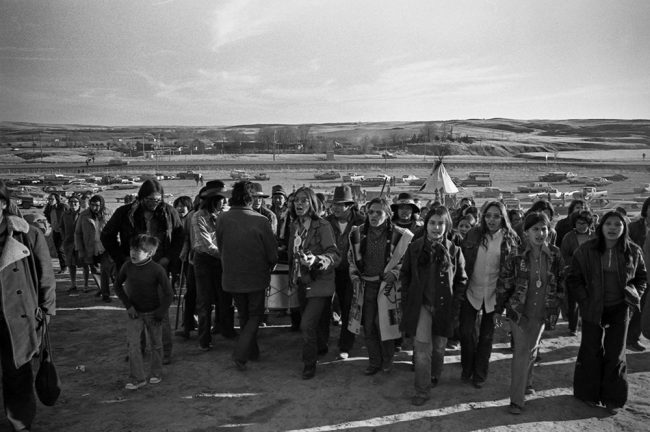
“We are an honorable people – can you say the same?” (1973)
This document was written by the Six Nations Iroquois Confederacy in 1973. It states their solidarity with the occupation of Wounded Knee. It is written for the United States government. It addresses…
Lynching: A Weapon of National Oppression (1932)
This pamphlet was written by Harry Haywood and Milton Howard in 1932 under the direction of the Labor Research Association. The pamphlet states the causes and purposes of lynching, the organization of…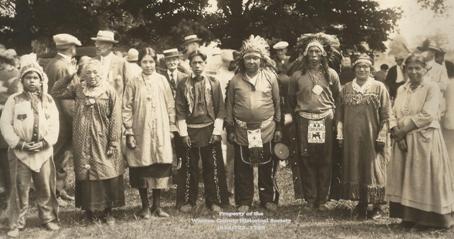
Letter to President Washington (1790)
This document is a letter to President George Washington from Chiefs and Counsellors of the Seneca Nation – Big Tree, Cornplanter, and Half-Town. In this letter, the Chiefs and Counsellors address vio…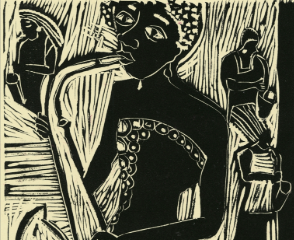
The Black Unicorn – Audre Lorde (1978)
Audre Lorde was a feminist activist who wrote poetry to confront issues of racism, sexism, capitalism, and heterosexism. Her work expresses raw emotion that reflects the experiences that she had in he…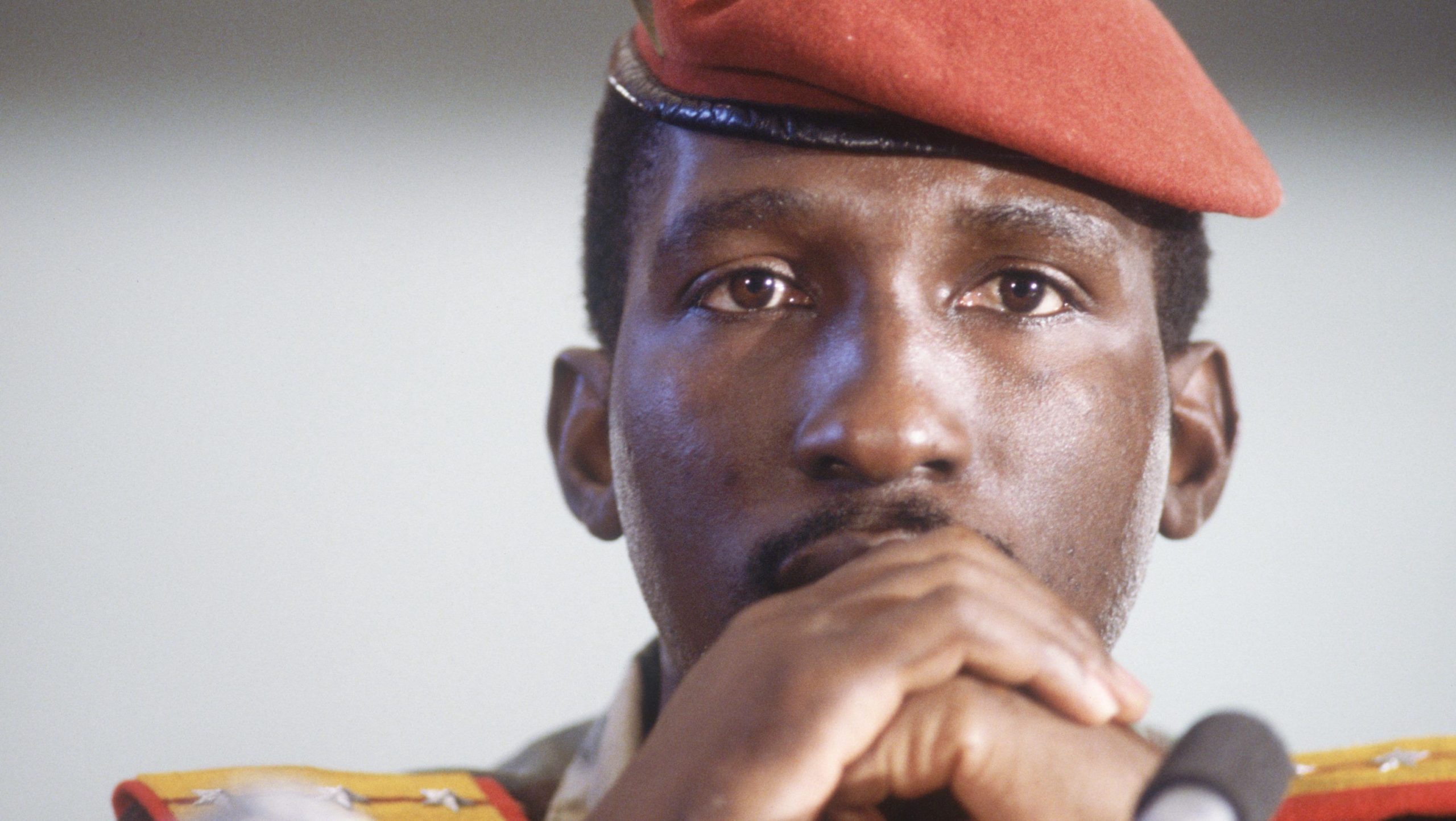
Thomas Sankara Speech Before the General Assembly of the United Nations (1984)
Thomas Sankara served as President of Burkina Faso for four years before being killed in a military coup supported by the United States and France. Beloved by his people for his social programmes, con…
Angela Davis on Mainstream Feminism/ Bourgeoise Feminism (2017)
In this lecture, Angela Davis addresses her career-long struggle to identify as a feminist, given the current state of the feminist movement. Breaking through the glass ceiling, as Davis notes, is gro…
The Fact of Blackness (1952)
Frantz Fanon was a French West Indian political philosopher whose work focused on post-colonial studies, decolonization, critical theory, and Marxism. In this work, Fanon works to theorize the way tha…
Angela Davis – Masked Racism: Reflections on the Prison Industrial Complex (2000)
In this document, Angela Davis analyzes the Prison Industrial Complex, specifically the privatization of and profits from prisons, the ways that it is portrayed to citizens, and how it reinforces raci…
The Black Power Mixtape (1967-1975)
THE BLACK POWER MIXTAPE 1967-1975 mobilizes a treasure trove of 16mm material shot by Swedish journalists who came to the US drawn by stories of urban unrest and revolution. Gaining access to many of…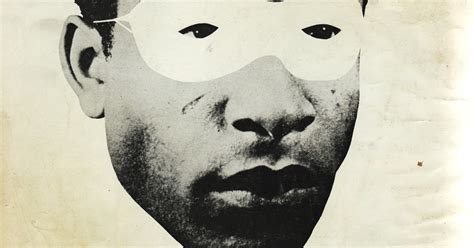
Introduction to Black Skin, White Masks by Frantz Fanon (1952)
Black Skin, White Masks is an autoethnography, written by Frantz Fanon in 1952. Fanon shares his own experience while relating these experiences to a historical critique of racism and colonization.
The So-Called Dependency Complex of Colonized Peoples by Frantz Fanon (1952)
This excerpt is from Black Skin, White Masks, an autoethnography written by Frantz Fanon in 1952. Fanon shares his own experience while relating these experiences to a historical critique of racism an…
Preface to The Wretched of the Earth by Franz Fanon (1961)
This book discusses the dehumanizaing effect of colonialism and the implications of a social movement for decolonization, especially focusing on the role of violence.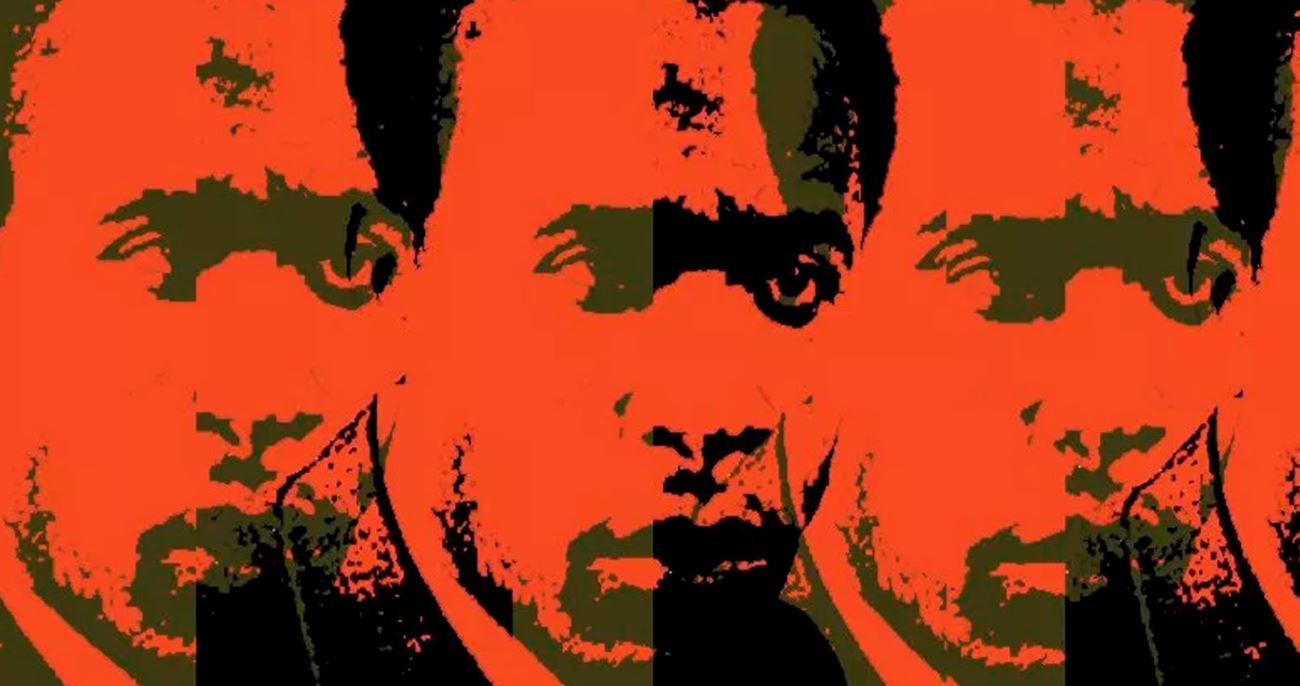
Violence in the International Context by Frantz Fanon (1961)
This PDF is an excerpt from The Wretched of the Earth, a 1961 book by the psychiatrist Frantz Fanon, a revolutionary theorist of colonialism and race. This book discusses the dehumanizaing effect of c…
Spontaneity: Its Strength and Weakness by Frantz Fanon (1961)
This PDF is an excerpt from The Wretched of the Earth, a 1961 book by the psychiatrist Frantz Fanon, a revolutionary theorist of colonialism and race. This book discusses the dehumanizaing effect of c…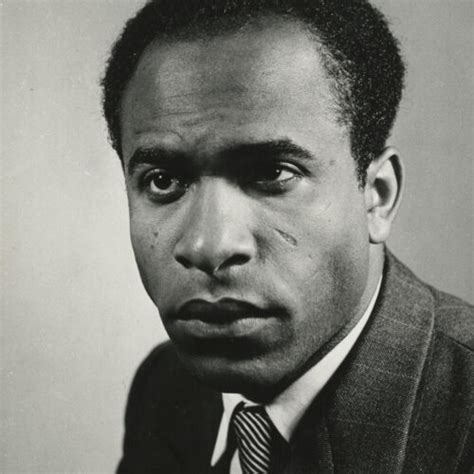
Reciprocal Bases of National Culture and the Fight for Freedom by Frantz Fanon (1961)
This PDF is an excerpt from The Wretched of the Earth, a 1961 book by the psychiatrist Frantz Fanon, a revolutionary theorist of colonialism and race. This book discusses the dehumanizaing effect of c…
Colonial War and Mental Disorders by Frantz Fanon (1961)
This PDF is an excerpt from The Wretched of the Earth, a 1961 book by the psychiatrist Frantz Fanon, a revolutionary theorist of colonialism and race.
Concerning Violence by Frantz Fanon (1961)
This PDF is an excerpt from The Wretched of the Earth, a 1961 book by the psychiatrist Frantz Fanon, a revolutionary theorist of colonialism and race. This book discusses the dehumanizaing effect of c…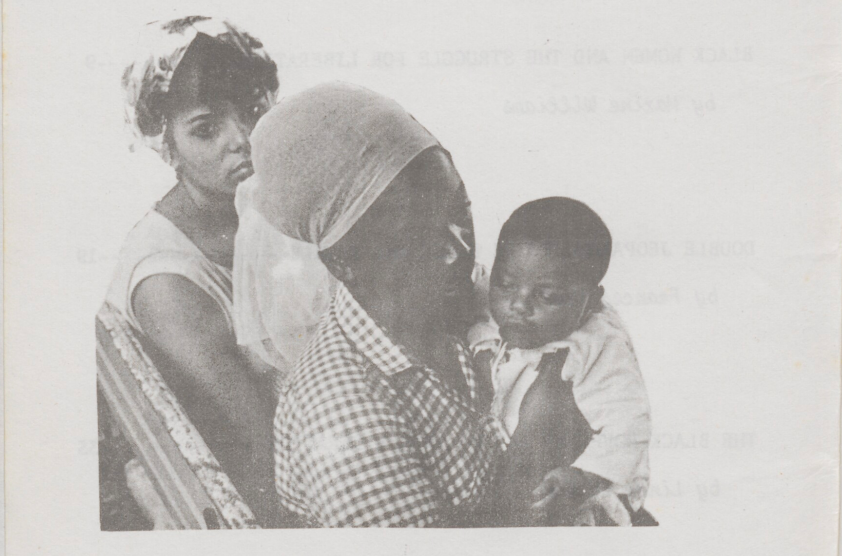
Black Women’s Manifesto (1970)
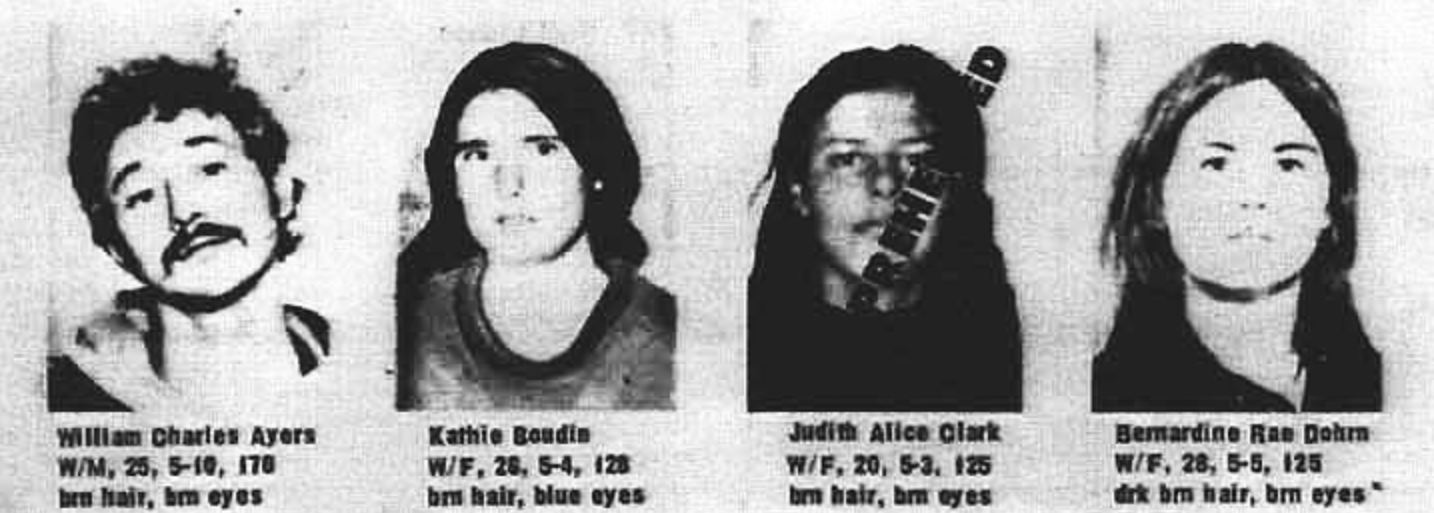
Communique 1 From The Weather Underground (1970)
This communication from the Weather Underground was published on May 21,1970 and declares war on the United States of America.
You Do Need A Weatherman to Know Which Way the Wind Blows by Shin’ya Ono (1969)
“What I would like to go into here is how the Chicago action, and the Weatherman logic behind it, made, and still makes, compelling sense…”
You Don’t Need a Weatherman To Know Which Way the Wind Blows by the Weather Underground (1969)
This position paper was distributed at an SDS convention in Chicago on June 18, 1969.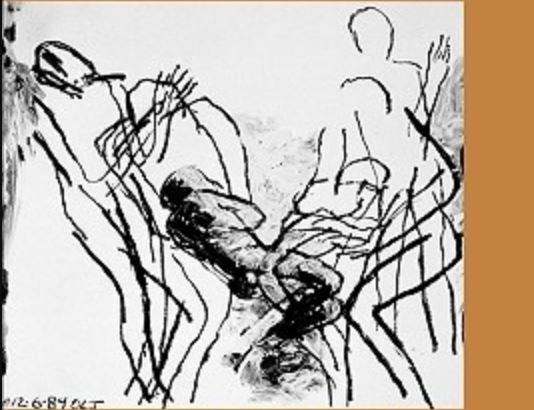
Scenes of Subjection: Terror, Slavery, and Self-Making in Nineteenth-Century America (excerpt) by Saidiya Hartman (1997)
This excerpt explains Hartman’s thesis on the omnipresence of terror experience by enslaved people.
Let Us Shape the Future by Carl Oglesby (1965)
On November 27, 1965, the new president of Students for a Democratic Society, Carl Oglesby, gave a response to Paul Potter’s speech of the previous April.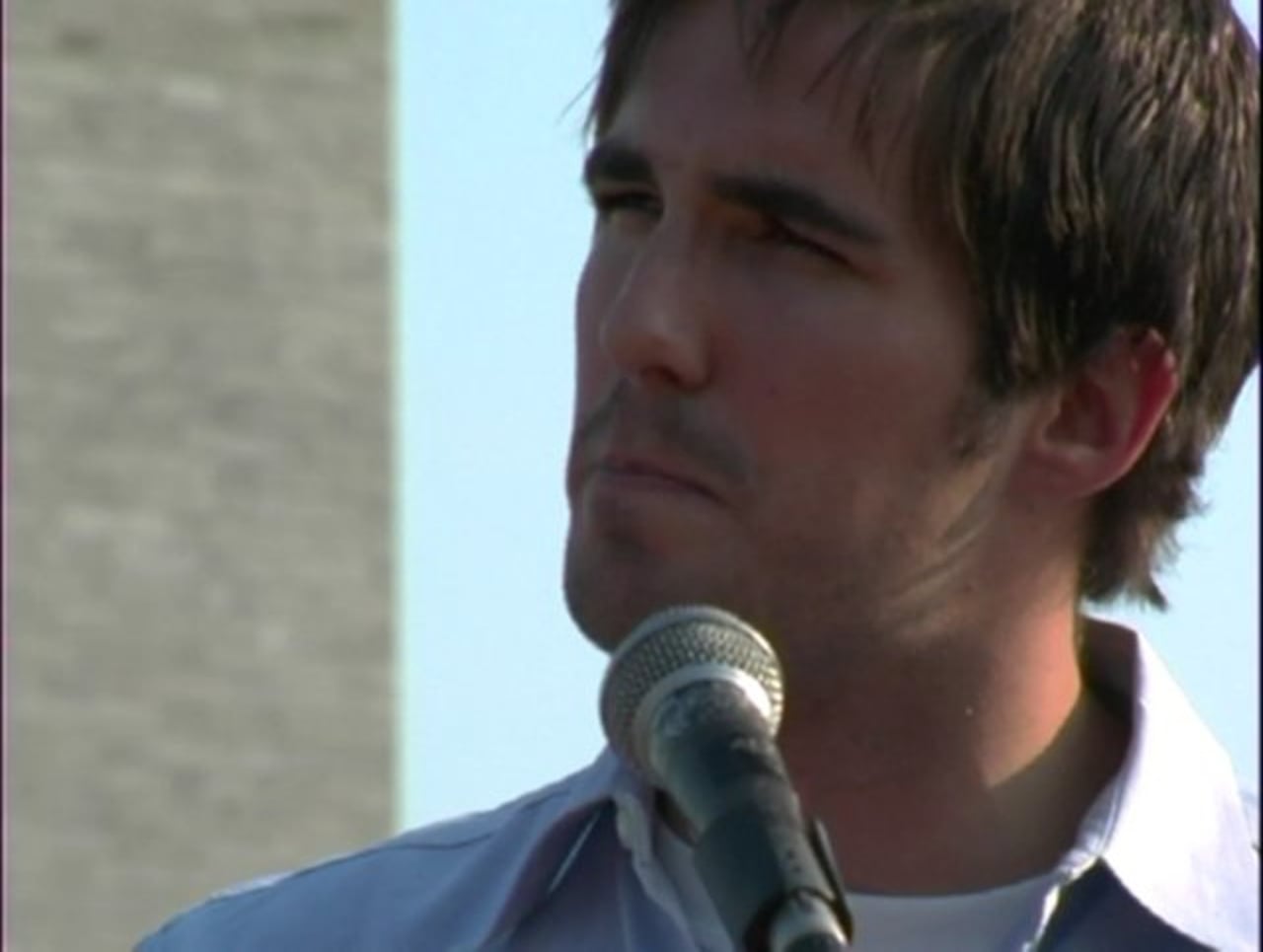
Naming the System by Paul Potter (1965)
On April 17,1965, the president of the Students for a Democratic Society, Paul Potter, gave a speech at the March on Washington, the first major anti-Vietnam War march held in Washington D.C.
The White Man’s Burden: Historical Origins of Racism in the United States by Winthrop D. Jordan (1974)
Professor Jordan uses anecdotes from a multidue of sources to answer the question of: what were the attitude of white men toward black people during the first two centuries of European and African set…
The Revolution Will Not Be Televised by Gil Scott-Heron (1971)
The revolution will be no re-run, brothers The revolution will be live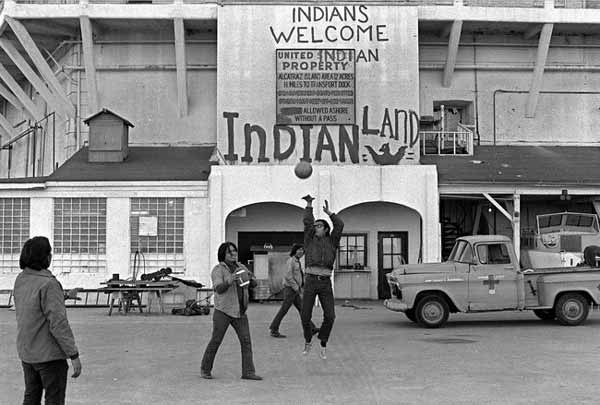
Proclamation to the Great White Father and All His People – Alcatraz Proclamation (1969)
Between November 20, 1969 and June 11, 1971, a group of Indigenous people – led by the group Indians of All Tribes (IAT) – occupied Alcatraz Island. The last of the occupiers were removed by the Unite…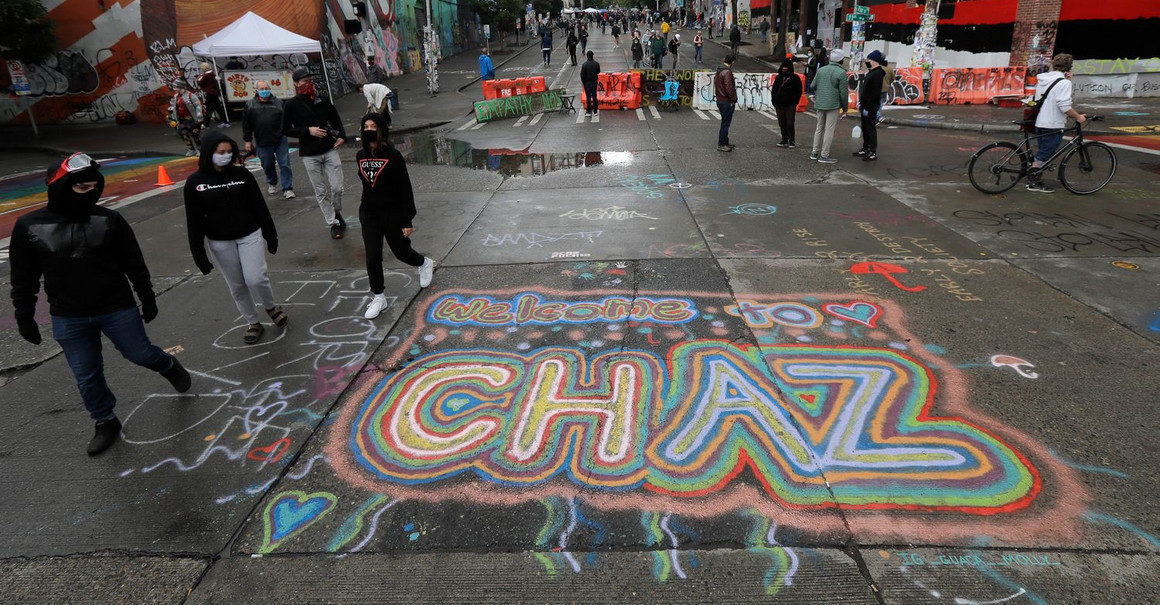
CHAZ (Capitol Hill Autonomous Zone) Demands – 2020
The Demands of the police-free Capitol Hill Autonomous Zone established in Seattle, USA on 8 June during the height of the 2020 Black Lives Matter Uprising. These included the abolition of the city’s…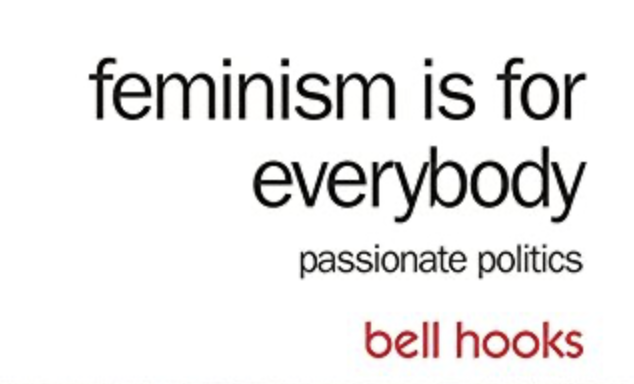
bell hooks – Feminism is for Everybody (2000)
bell hooks is a feminist, professor, and activist. In 2000, she published “Feminism is for Everybody”. Key to her politics and feminist philosophy is that the overarching “enemy”/structure to dismantl…
The Black Man’s Stake in Vietnam by Eldridge Cleaver (1969)
Eldridge Cleaver, an early leader of the Black Panther Party, wrote this article to the Black men who were being drafted into Vietnam. Cleaver explains the implications of this on a global stage and c…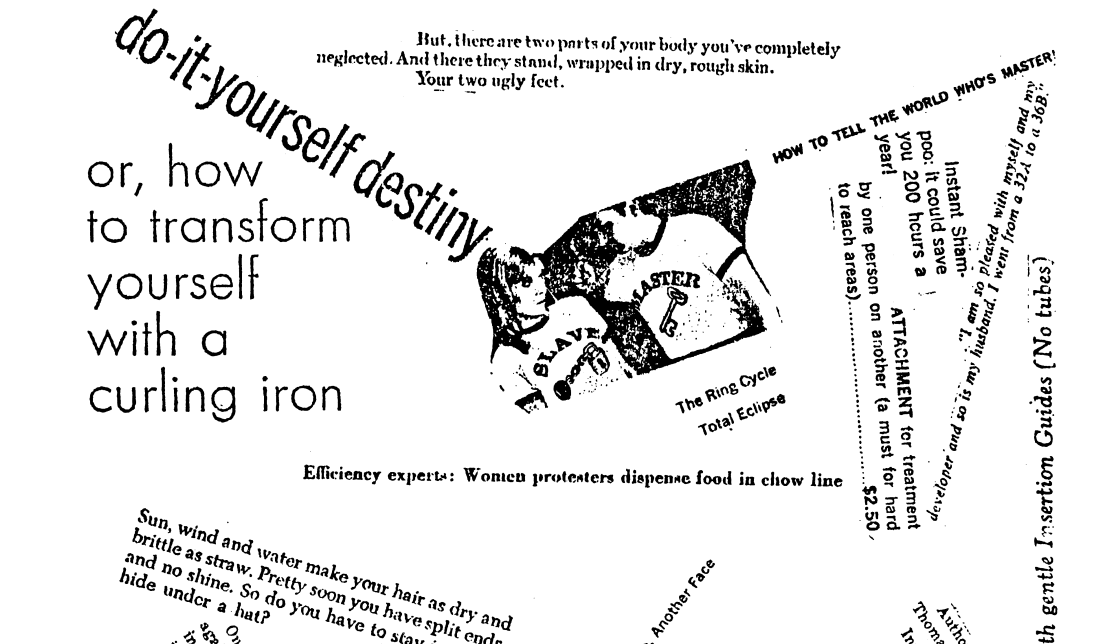
People Don’t Get Radicalized Fighting Other People’s Battles (Redstockings, 1968)
This magazine was published by the Redstockings, a radical feminist group, as part of their Action Series. The series of writings in it contain intersectional analysis of the New Left Movement, and th…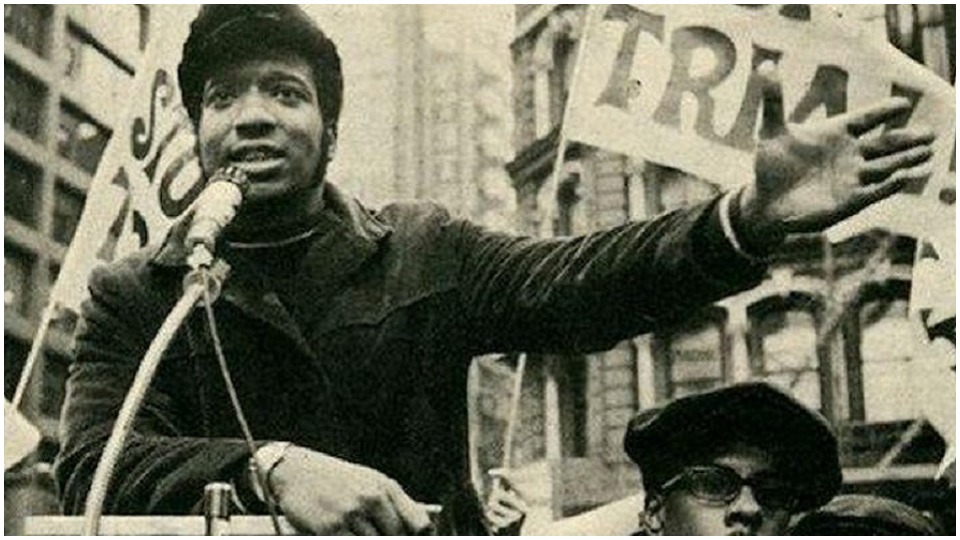
Power Anywhere Where There’s People! (1969)
The Black Panther Party was founded in Oakland, California, in 1966, and originally was called The Black Panther Party for Self-Defense. It was a militant, leftist group in support of Black Liberation…
In Defense of Self Defense (1967)
The Black Panther Party was founded in Oakland, California, in 1966, and originally was called The Black Panther Party for Self-Defense. It was a militant, leftist group in support of Black Liberation…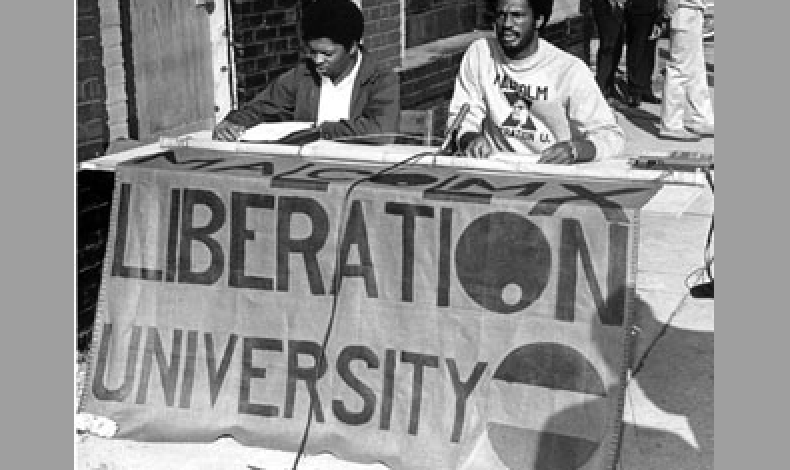
Malcolm X Liberation University: Collection of News Articles
In October of 1969, the Malcolm X Liberation Univeristy was founded byHoward Fuller and other prominent Black activists. The creation of the university was inspired by Black Nationalism and Pan-Africa…
Stanford “Disorientation Guide” (2005)
Published in 2005 by student activists, this Stanford University “Disorientation Guide” did an in depth analysis of the history of Standford Unviersity in relation to racism, sexism, and capitalism.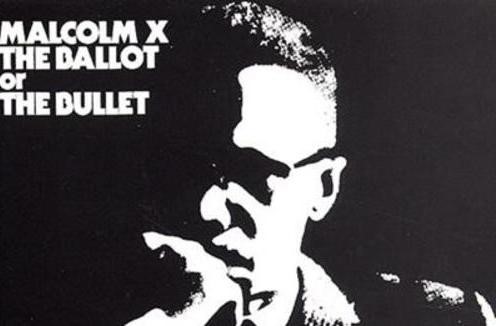
The Ballot or the Bullet (1964)
In “The Ballot or the Bullet”, civil rights activist and Black Nationalist Malcolm X spoke to Black Americans, encouraging them to vote if they had the ability to. In this speech, however, he noted th…
The Master’s Tools Will Never Dismantle the Master’s House (1984)
In 1984, In 1985, feminist, civil rights activist, and librarian Audre Lorde published “The Master’s Tools Will Never Dismantle the Master’s House”. The essay argued for the dismantling of the current…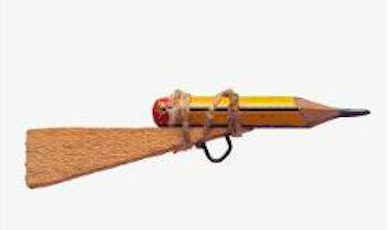
The Pedagogy of the Oppressed (1968)
This 1968 book by Brazilian author Paulo Friere is considered one of the pillars of the critical pedagogy movement, which aimed to apply critical theory to the study of culture. The methodology in the…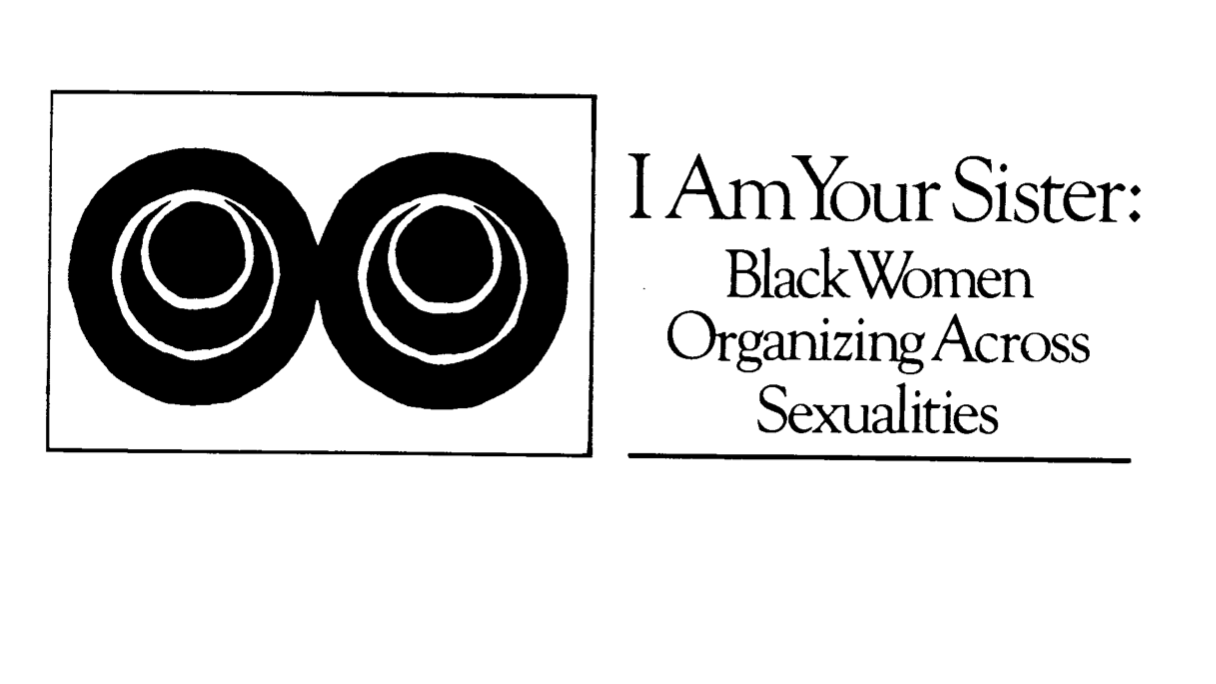
I Am Your Sister: Black Women Organizing Across Sexualities (1985)
In 1985, feminist, civil rights activist, and librarian Audre Lorde published “I Am Your Sister: Black Women Organizing Across Sexualities”. The essay was centered around organizing black women in the…
The Approaching Obsolescence of Housework: A Working-Class Perspective (1981)
In 1981, Angela Davis Published “Women, Race, and Class”. The book analyzes the women’s liberation movement through the lens and intersection of racism and classism. Chapter 13, “The Approaching Obsol…
We Want to Riot, Not to Work – The Brixton Uprisings (1982)
A pamphlet giving the day by day account of the 1981 Brixton Uprisings, race tension/solidarity, and theoretical reflections on the rise of the “Impossible Class”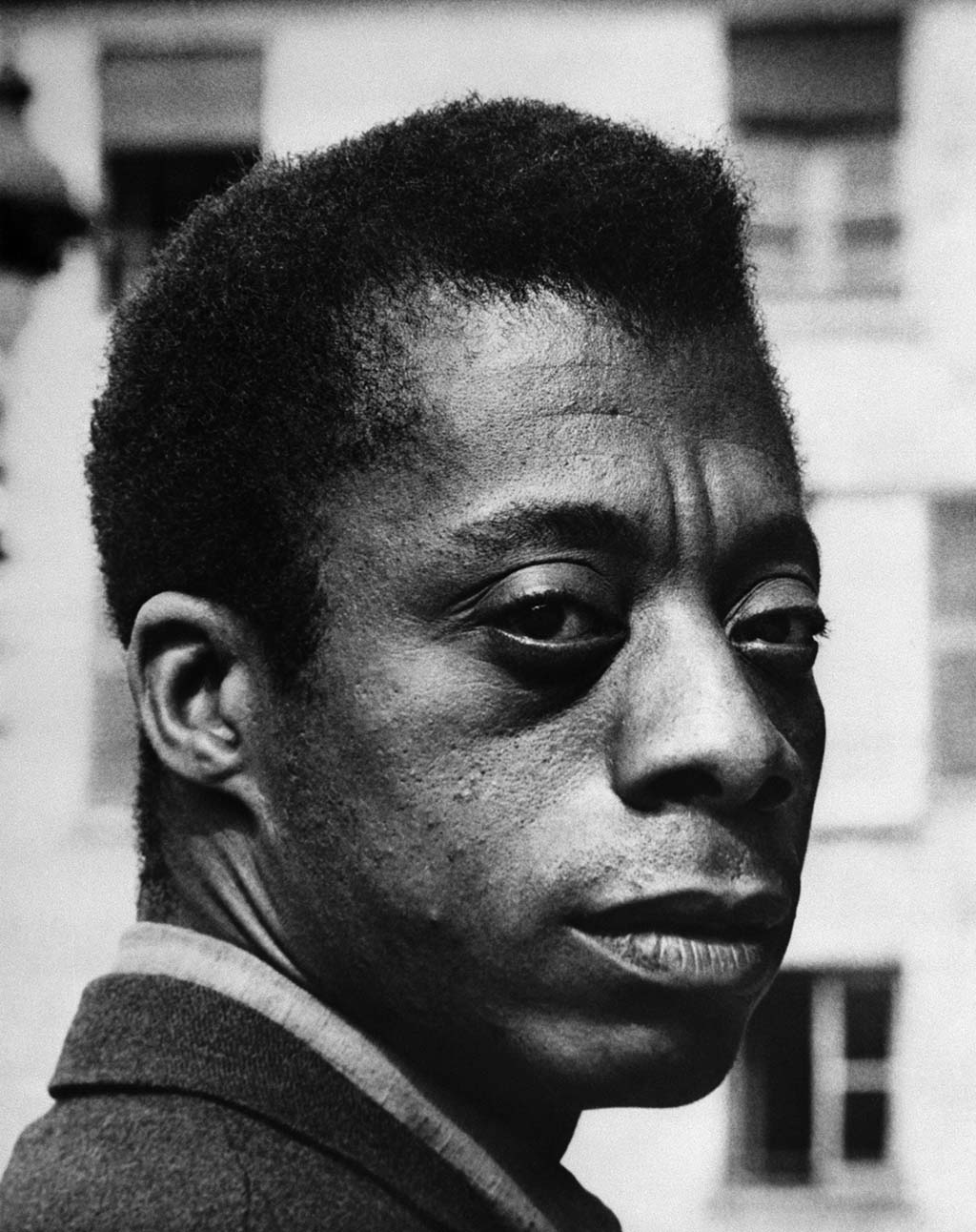
Everybody’s Protest Novel by James Baldwin (1949)
“Everybody’s Protest Novel” is an essay written by James Baldwin that criticized protest fiction, specifically Harriet Beecher Stowe’s Uncle Tom’s Cabin, as something that perpetuates the status quo s…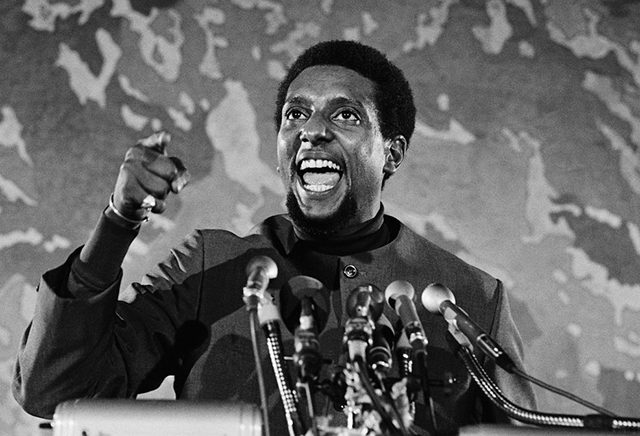
Black Power by Stokely Carmichael (1966)
Carmichael expands on black power in his speech to Berkeley students in 1966. SNCC and the Black power movement tried to create new standards of legitimacy by shifting away from white supremacy and tr…